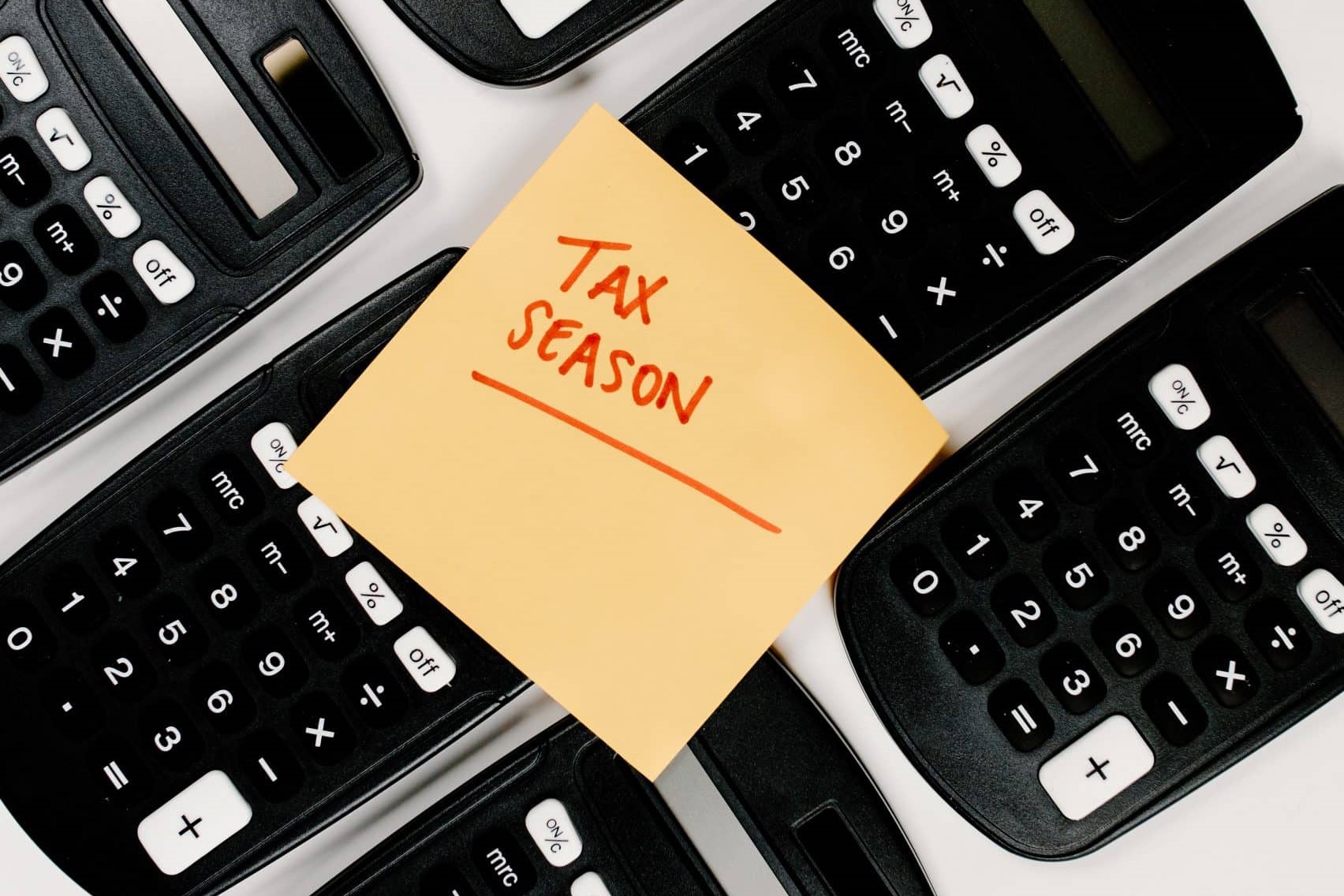A taxpayer has lost his case at the Upper Tribunal (UT) concerning whether appeals to assessments and penalties can be lodged late. The taxpayer had been the sole director and shareholder of a company that ran a restaurant business. In April 2017 HMRC raised assessments totalling some £532k of underpaid corporation tax and VAT with penalties issued in June 2017. Shortly after, in late June and July 2017, HMRC then served personal liability notices on the taxpayer for £213k. Each of the notices stated that the company and the taxpayer had 30 days to appeal the assessment or penalties. It was not until November 2018 that the taxpayer filed appeals some 16 and 18 months since the issuance of the documents.
The taxpayer had appealed to the First-tier Tribunal (FTT) but on receiving the appeals the FTT rejected the appeals as being out of time. The FTT the judge had accepted evidence that the taxpayer had relied on his accountant who had misled him. This evidence was generally unchallenged.
The taxpayer appealed to the UT holding that FTT hadn’t taken account of the taxpayer’s position and in relation to the company, hadn’t taken account of the fact the company was in liquidation and obtaining permission from the liquidator to litigate on behalf of the company had taken time.
The UT rejected the taxpayer’s appeal on all grounds. Where a taxpayer employs an adviser to act on his behalf errors of the adviser are generally attributable to the taxpayer. Taxpayer’s generally cannot blame their accountants or lawyers where outcomes do not go their way unless they are willing to detail the correspondence between the client and the adviser. In this case, the taxpayer didn’t rely on any written evidence relating to the deficiency of his accountant. The UT found that the FTT had taken account of the fact that the taxpayer had been misled by the accountant but noted that the taxpayer hadn’t acted in a reasonable manner by demanding regular updates from the accountant and copies of correspondence with the tribunal.
The UT also considered whether the FTT should have taken account of the difficulties imposed on taxpayers when companies are in liquidation but found that this argument had little weight as prompt communication with the FTT is necessary irrespective of whether the liquidator or director with permission corresponds with the FTT. The FTT would have naturally been aware of the company being in liquidation as it formed part of the factual matrix of the case.
The decision can be found at: Shafique Uddin and Kazitula Limited ( in liquidation) v The Commissioners for HM Revenue and Customs [2023] UKUT 00099 (TCC) – GOV.UK (www.gov.uk)
Please let us know if you have any questions regarding HMRC assessments, penalties and personal liability notices, we can assist with prompt correspondence with HMRC. We can also advise when to make amendment to returns and how to negotiate with HMRC.



